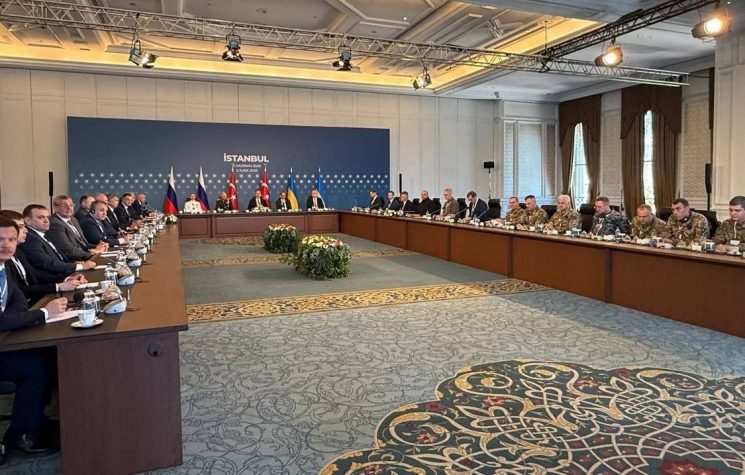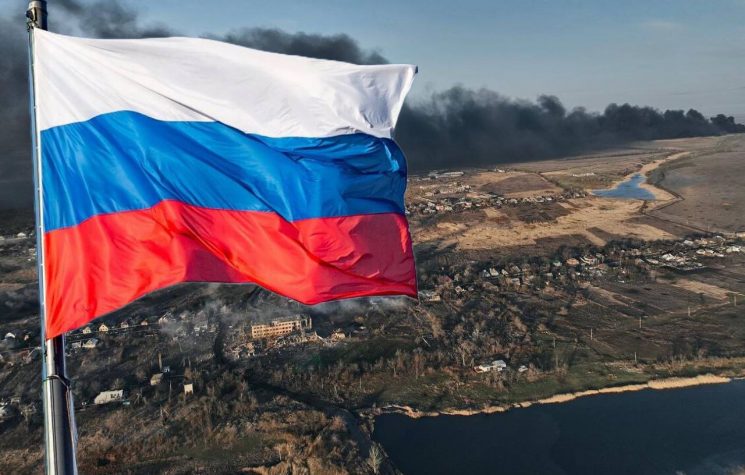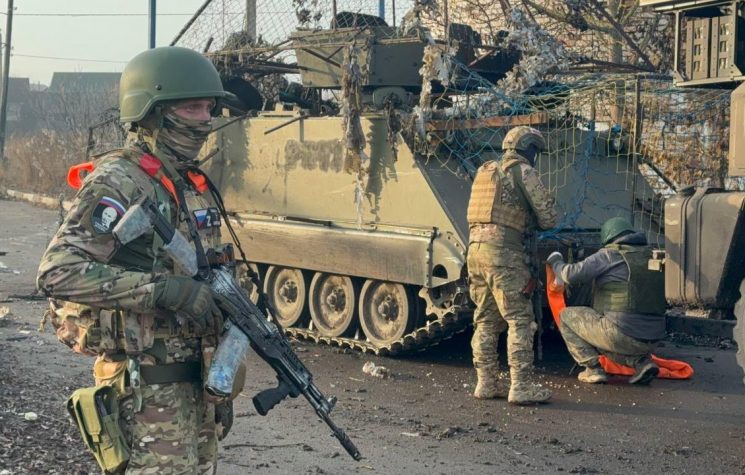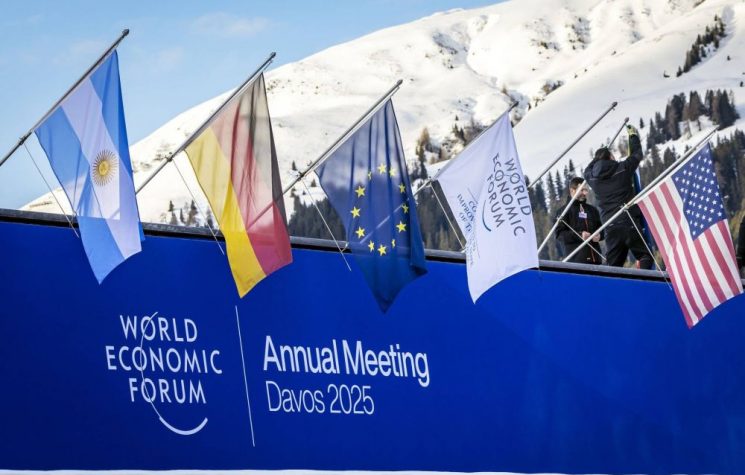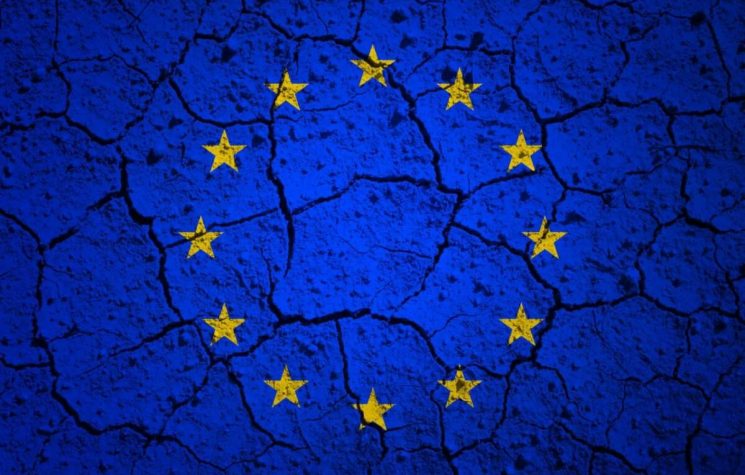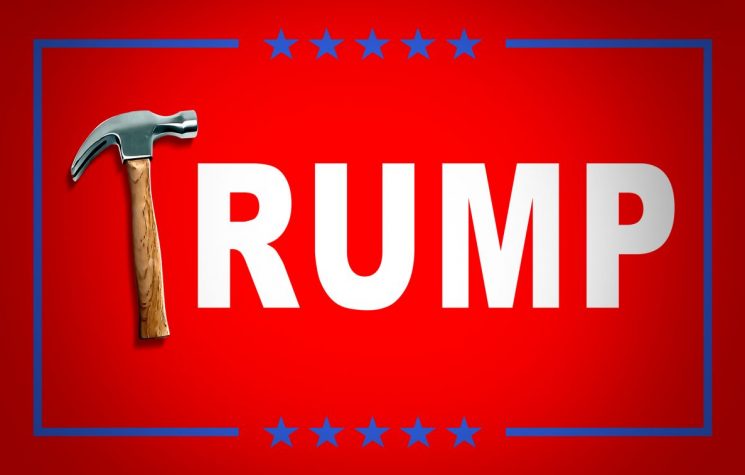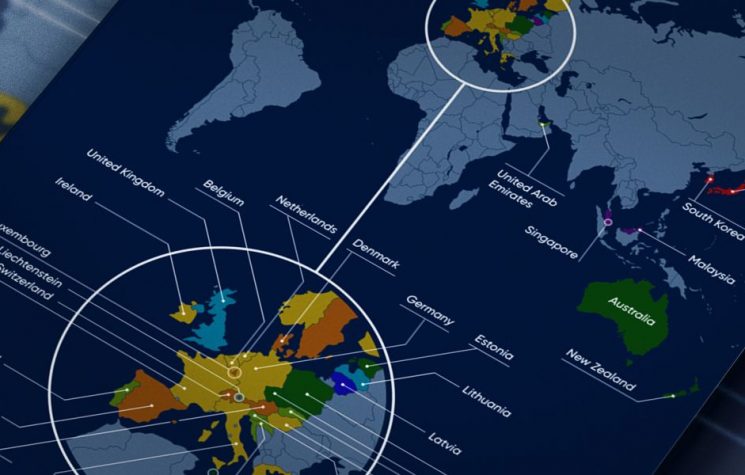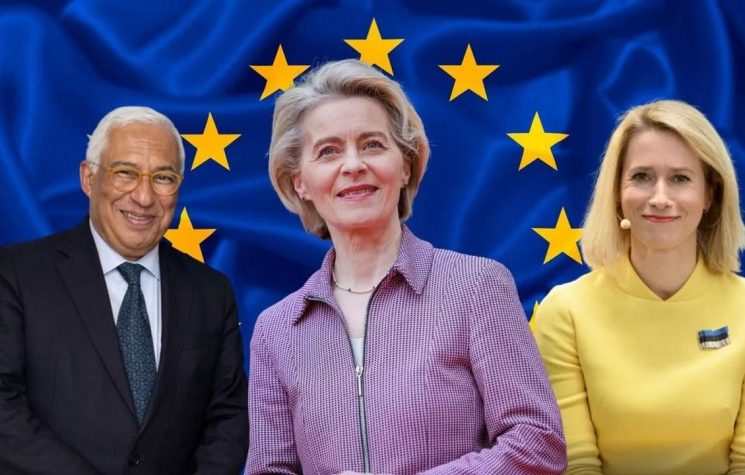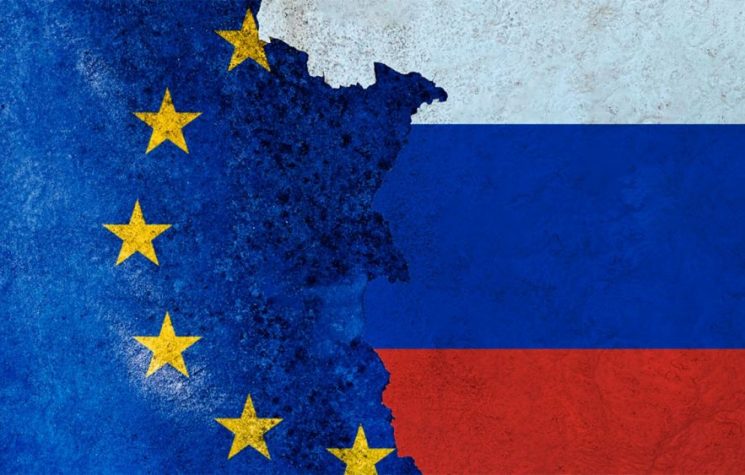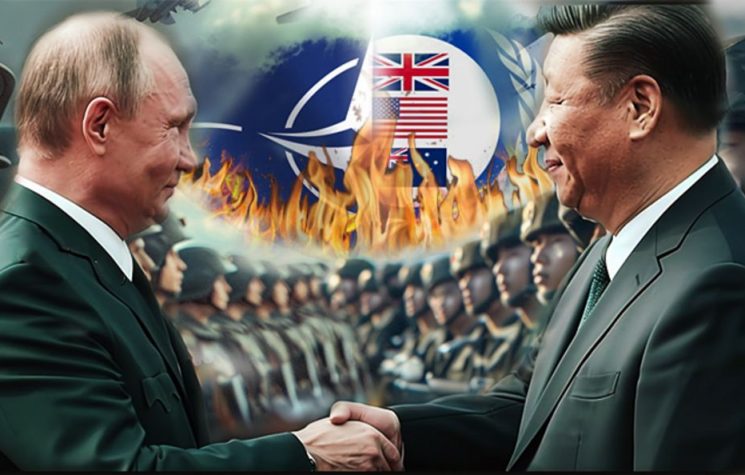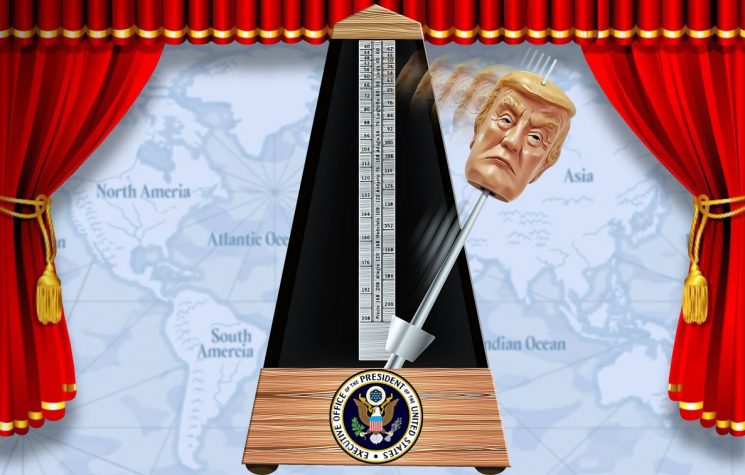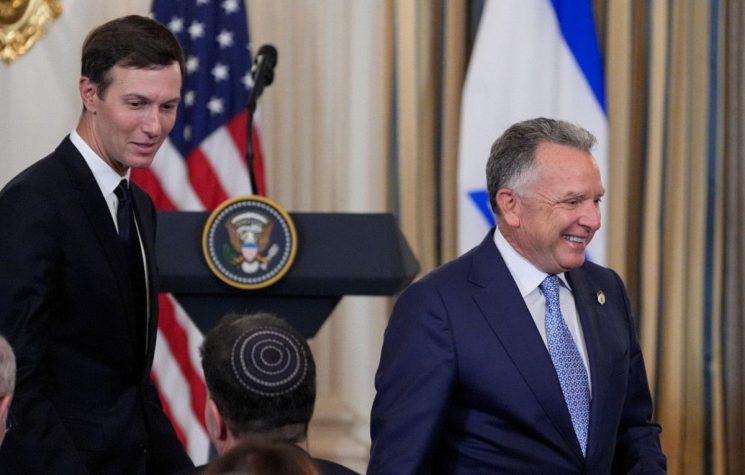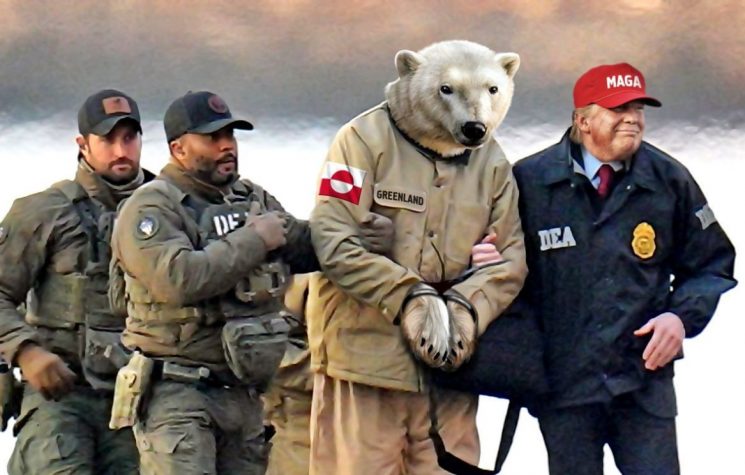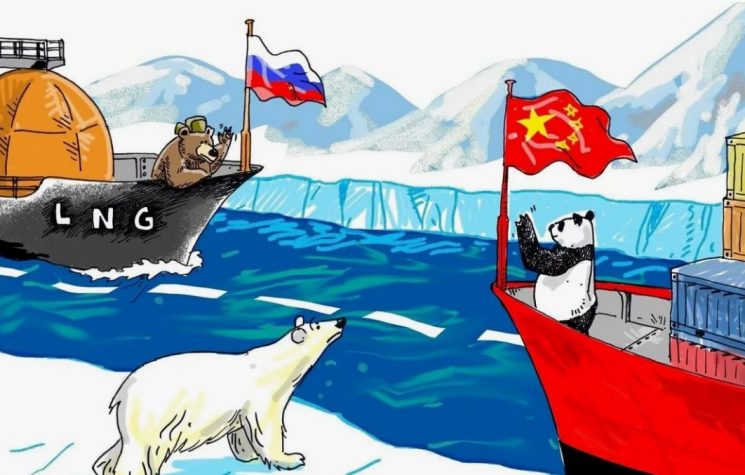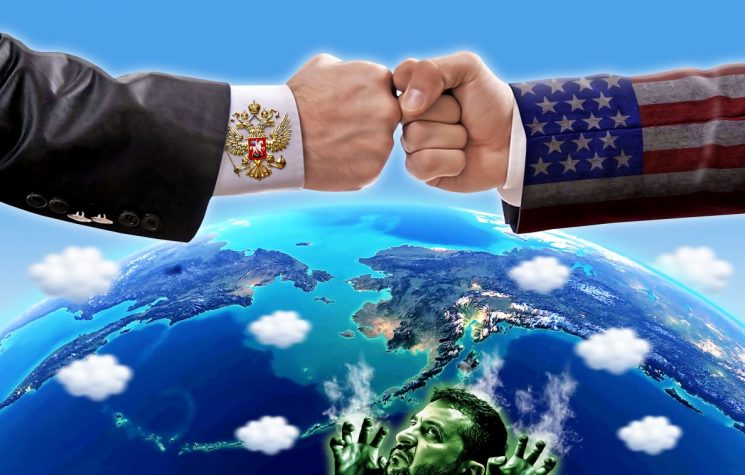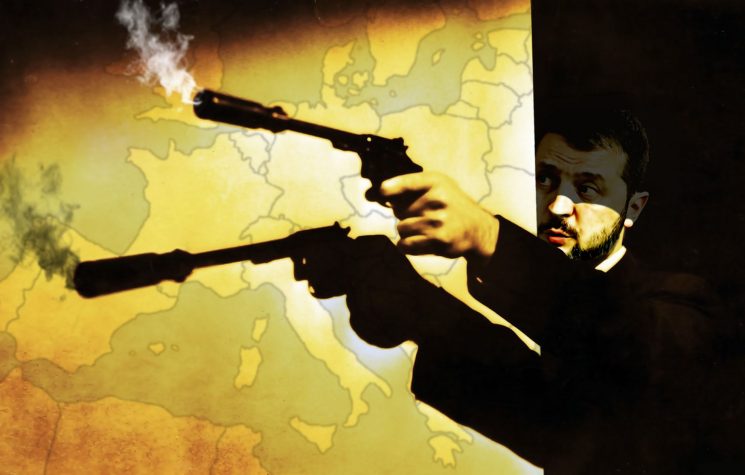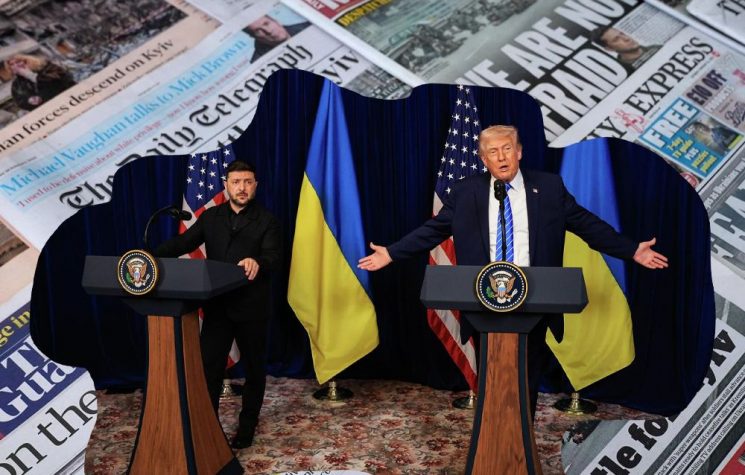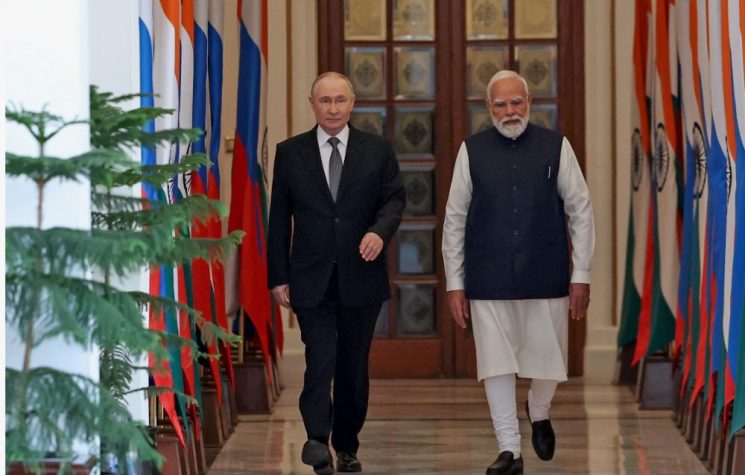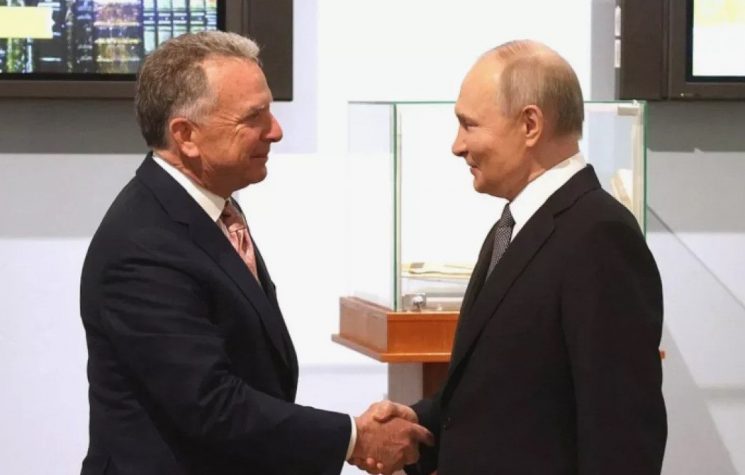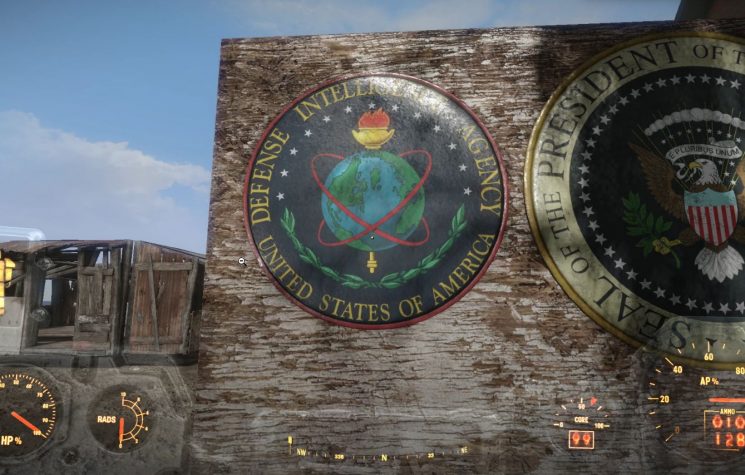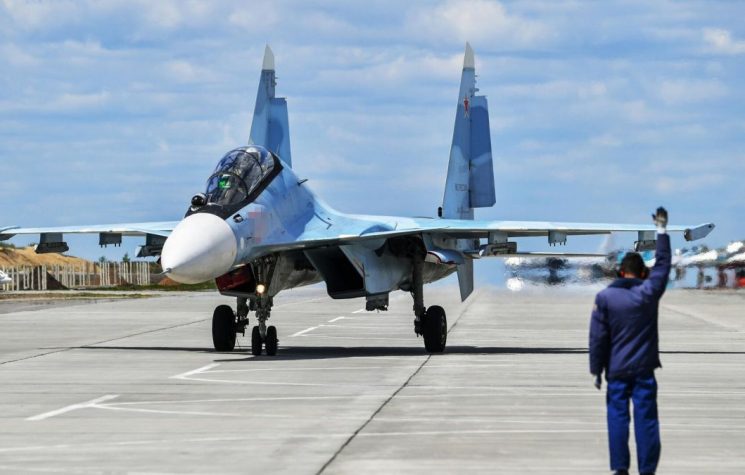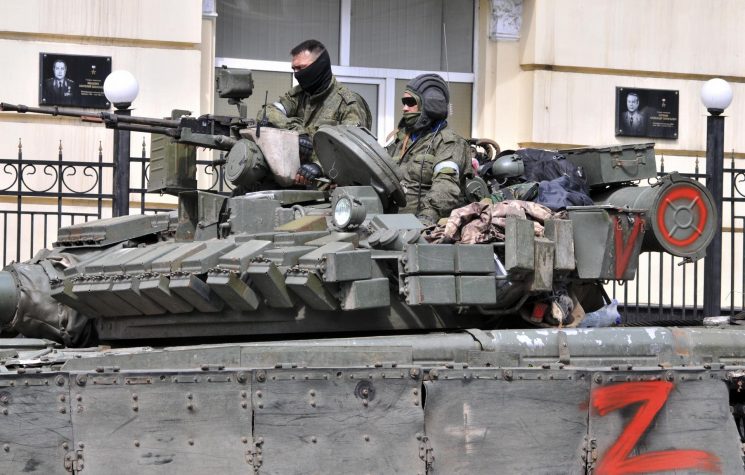The neocon trend represents but one facet to the U.S. that nonetheless has captured and held the commanding heights of U.S. policy-making for decades.
Sometimes politics, like human beings, has a ‘destiny’ – somehow etched from within its nature; often one that is unpredictable, and different from that which is desired or expected.
It seems that Yevgeni Prigozhin was such a figure. He is now described as a western ‘useful idiot’, but then aren’t all those who agree to play out particularly incendiary destinies ‘useful idiots’ – if not of some foreign power – then of their own destiny?
Treading such a path is highly stressful, and it is not uncommon that ‘doubles’ do go rogue (and unexpectedly turn vindictive) if they feel that they have been left abandoned at the critical point on their path.
Clearly, there are aspects to the Prigozhin story that the principal actors will not wish to unveil under the glare of public spotlight. They will remain shrouded as their exposure will impinge on interests and less visible players. Some raw sides to politics will be protected.
CNN has cited U.S. sources who informed the platform that their country’s intelligence agencies had “extremely detailed” knowledge of Prigozhin’s plans, “including where and how Wagner was planning to advance”. After the march began, the U.S. ordered its allies to “remain silent and not give Putin any opening” to blame them for his armed rebellion. The sources also alleged to CNN that “Ukrainians were being cautioned by allies to not to provoke the situation”, because “You just don’t want to feed into the narrative that this was [an] initiative by us”.
It is best not to take any statement at face value, however, in such convoluted affairs. Nevertheless, if western intelligence services were more deeply involved – something the head of the Russian National Guard, Gen. Viktor Zolotov, speaking after President Putin on Friday, noted with “certainty” – namely that Prigozhin’s mutiny “was inspired by western special services – but which then, was overlaid by Prigozhin’s own inflated ambitions”.
Zolotov said that before the start of the rebellion “the camp of Prigozhin” had been deliberately leaking “focused” information about a possible mutiny coming sometime between last Thursday and Sunday.
Zolotov’s description begs the question at what point did Prigozhin’s ‘inflated ambitions’ superimpose themselves and conflate with western ‘inspiration’? Was it at the moment that the Russian Ministry of Defence determined to take the Wagner group away from him? The government was requiring all Wagner forces sign contracts with the Russian Ministry of Defence by 1 July 2023.
In other words, rather than remaining a private military company led by Prigozhin, Wagner would be incorporated into the actual Russian military command structure. It has also been reported that the Russian Ministry of Defence has been cancelling contracts on Prigozhin’s business ventures that have been helping supply the Russian military – these were lucrative deals for him.
It is possible that Prigozhin couldn’t accept this reality, and that he launched the insurrection plan in a temper tantrum. We do not know. Zolotov said only that, whether western agents may, or may not, have been directly involved in conducting the operation would be investigated. No doubt, ‘uncle’ Lukashenko will draw out the truth from Prigozhin.
Yet, whether it was western inspiration or inflated ambition, Prigozhin’s destiny was launched: Both unpredictable and most certainly different from that which he himself either desired or expected (as he finds himself today, exiled to Belarus).
But who is the ‘useful idiot’ – Prigozhin or the western intelligence services, who now have a prime débacle on their hands (however much they pretend otherwise)? First, their financial war on Russia failed; their attempt at diplomatic isolation has had no success beyond the tight western bloc; the Ukrainian ‘offensive’ has achieved almost nothing; and now their “libidinal excitement at a Russian civil war that was certain to feature ‘Russians … killing Russians” was popped within hours.
Russia and Putin emerge much the stronger. Putin praised the “restraint, cohesion and patriotism” that the Russian people had shown; their “civic solidarity and “high consolidation”; and their “firm line … (in) taking an explicit position of supporting constitutional order”.
Whilst Putin roundly condemned the “mutiny plotters” as people full of malignity and evil intentions, he did not identify these plotters with “the majority of Wagner Group soldiers and commanders” (who Putin insisted), “are also Russian patriots, loyal to their people and their state” – and to whom, Putin expressed his “gratitude” and whom he absolved of ‘treachery’. (It would be difficult in any case, to cast the Wagner PMC as a rogue mercenary group outside the law. It was founded and commanded by former GRU officers. It was funded by the State; and provisioned by the MoD). Not surprisingly, Putin was generous to the patriots and legendary victors of the ‘battle of Bakhmut’.
Not so generous however was Putin when he touched on the “the enemies of Russia – the neo-Nazis in Kiev, their Western patrons and other national traitors” who would have benefitted, had the coup succeeded: “They miscalculated” – (implying they had ‘calculated’ aforehand).
What is left now for President Biden? Doing more of the same? For, like Prigozhin, Biden is playing out his own incendiary destiny – ‘inspired’ by his neocon advisers, and conflated by ambition too – to be recognised as a successful American ‘War President’. Prigozhin and Biden may have more in common than they dare to imagine.
And in the confusion that ensued last weekend in the U.S., Tucker Carlson dared to imagine a simple question: “Why exactly are we at war with Russia?”
It is a question – increasingly, an existential question – that should be posed to the EU leaders too – who, from the Maidan Coup onwards, have adopted policies that go against their own economic and security interests.
From the Maidan regime-change onward, the EU eschewed building any substantive relations with Russia. It opted instead, to undermine Minsk, and actively to build and equip a large Ukrainian Army to repress dissent to the Maidan ‘coupists’ agenda.
“Instead, since the start of the conflict”, Thomas Fazi writes, “European nations have unquestioningly deferred to U.S. strategy, placing heavy sanctions on Russia; joining America’s proxy war, by providing ever-growing levels of military aid to Ukraine and supporting the narrative of a conflict that can only be resolved with Ukraine’s total military victory. This strategy, contrary to that of the other major actors involved, has jeopardized Europe’s strategic interests, from both an economic and a security perspective”.
In economic terms, the EU followed the U.S. lead in sanctioning Russia in a way that, plainly said, mortgages the economic future of Europe for years ahead.
The full subservience to wider NATO-isation has brought too (from a U.S. perspective) the demand that Europe support U.S. strategic industrial policy – and help ensure American technological dominance vis-à-vis China. The EU can do so only by acquiescing to U.S. industrial policy and by circumscribing their economic relations with China according to American concepts of strategic technologies. This is what Europe is doing.
A recent report on the EU’s Weakening and the “Art of Vasslisation” (European Council for Foreign Relations) forewarns:
“On the crudest GDP measure, the U.S. has dramatically outgrown the EU and the United Kingdom combined over the last 15 years … America’s economy is now nearly one-third bigger. It is more than 50 per cent larger than the EU without the UK …
“American technological dominance over Europe has also grown. The large U.S. tech companies … are now close to dominating the tech landscape in Europe as they do in the U.S. Europeans are trying to use competition policy to push back against this dominance … But, unlike the Chinese, they have been unable to develop local alternatives – so, these efforts seem doomed to failure … Since 2008, Europeans have in addition also suffered a dramatic loss of military power when compared to the U.S.
“Conceptually, European allies have a role in the geo-economic struggle with China, but it is not, as during the cold war, to become rich and contribute to the military defence of the central front. To the contrary, their key role – from a U.S. perspective – is that the EU supports U.S. strategic industrial policy and helps ensure American technological dominance vis-à-vis China … They can do so by acquiescing to U.S. industrial policy and by circumscribing their economic relations with China according to American concepts of strategic technologies”.
Europe, in short, has made itself a vassal – a willing, submissive vassal. When the EU followed the U.S. and embraced sanctioning Russia, EU leaders anticipated the rapid financial collapse of Russia. They were wrong. When the EU selflessly disavowed the purchase of Russian energy, they calculated that Russia could not manage economically – absent the EU market – and would quickly capitulate. They were wrong. When NATO led the war on Russia (via Ukraine), the EU expected a rapid rout of Russian and Donbas forces. They were wrong. When Prigozhin launched his ‘insurrection’, EU leaders looked eagerly to immediate civil war. They were wrong again.
Now the EU finds itself locked into forever sanctions on Russia (with China to follow); a forever subsidy to ‘Kiev’; a forever cycle of NATO militarism; and an economy sliding into de-industrialisation, high energy costs and relative diminishment. The EU has not achieved its longer-for ‘global player’ status. By every measure, Europe has a diminished economy, and diminished agency around the globe.
When will EU leaders offer some accountability for their wrong decisions? When will they answer the Carlson question: Why exactly is it an European interest to be at war with Russia?
Why was it in the European interest to condition any resolution to the conflict with Russia on complete Ukrainian victory? Was this decision properly thought through?
For the last thirty years, neo-cons have dominated U.S. foreign policy: The Guardian, as one example, has noted that as a subsidiary of Axel Springer, which has long-standing ties to the neocon clique, every employee at Politico is expected to be “pro-U.S., pro-NATO, pro-Israel, pro-austerity, pro-capital, anti-Russia, anti-China”. Springer said that they would not require Politico employees to sign documents in support of a transatlantic alliance, though this policy is enforced at the German newspaper Bild, another Springer subsidiary.
Europe is not ‘America’. The neocon trend represents but one facet to the U.S. that nonetheless has captured and held the commanding heights of U.S. policy-making for decades. It has failed in all that it has endeavoured, and has become increasingly detached from (even) the most basic interests of most Americans. Yet the EU leadership has made Europe subservient to this particular current – embracing it, and its inherent authoritarianism, with gusto.
Has this uniform ‘destiny’ benefitted the citizens of Europe? It has not. Have not its results proved unpredictable and different from that which was initially desired or expected? Recall: ‘Destiny can be a b*tch’!










